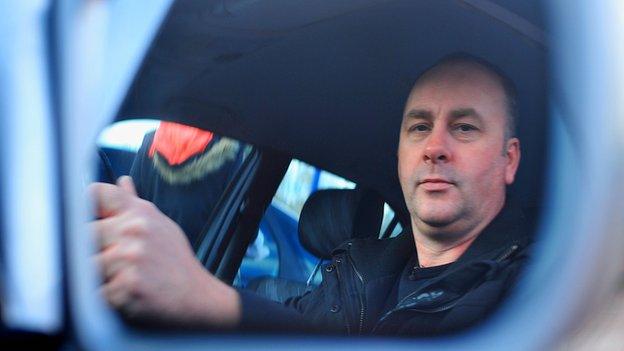Barry Beavis loses Supreme Court parking battle
- Published
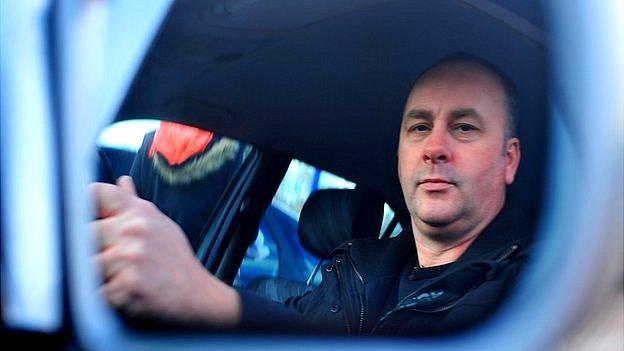
Barry Beavis was charged £85 for exceeding a two-hour parking limit
A chip shop owner has lost his Supreme Court battle over parking charges.
Barry Beavis, 47, of Chelmsford, Essex, claimed an £85 charge for breaching a two-hour limit in the town in April 2013 was "unfair and disproportionate".
The Court of Appeal dismissed Mr Beavis's claim against management company ParkingEye.
He appealed to the Supreme Court, but judges there have also rejected his case. The company said its charges were "fair" and "legally enforceable".
Mr Beavis, who owns The Happy Haddock chip shop in Billericay, was charged by ParkingEye after over-staying the free parking period at Riverside Retail Park by nearly an hour.
Updates on this story and more from Essex
Following the decision, Mr Beavis said: "It is a very dangerous ruling. I am disappointed the Supreme Court did not stick up for the consumer.
"It has decided these charges are allowed because they are not excessive - so what is excessive?
"There is now no legal recourse to go to European Court of Justice. I think the government needs to intervene and introduce a single code of practice."
Mr Beavis said he travelled to London by train for the hearing as he "wasn't going to pay to park".
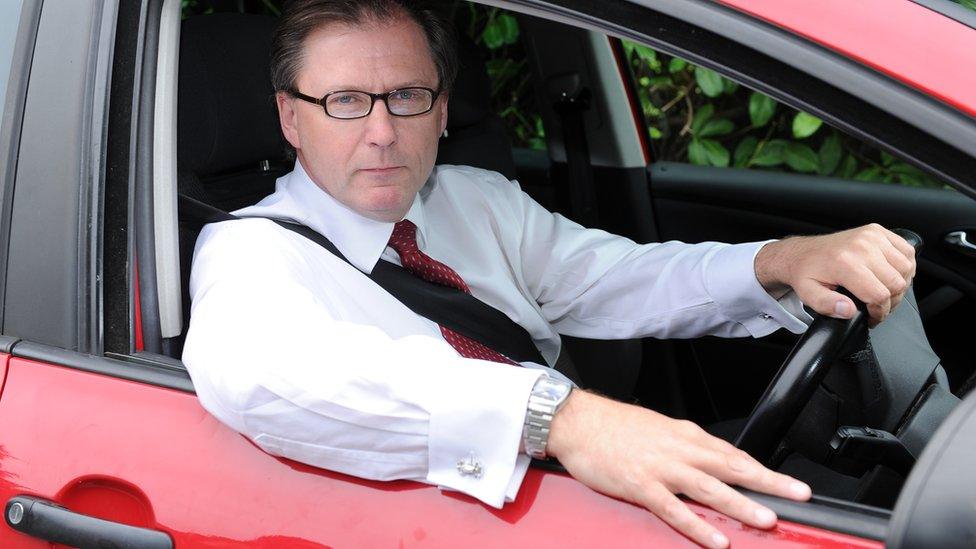
Steve Gooding, of the RAC Foundation, said the ruling "opens the door" for parking firms to hike up charges
Supreme Court president Lord Neuberger and Lord Sumption said in a joint written ruling ParkingEye could not charge over-stayers "whatever it liked".
"It could not charge a sum which would be out of all proportion to its interest or that of the landowner for whom it is providing the service," they wrote.
"But there is no reason to suppose £85 is out of all proportion to its interests."
'Sky-high charges'
Steve Gooding, director of motoring charity RAC Foundation, said Parliament should now tackle parking charges in the same way it dealt with clamping in 2012.
He echoed Mr Beavis' comments and said judges had not given any clear direction on what figure would be excessive.
"This opens the door for parking companies to increase their penalty demands and leaves the onus on motorists to fight sky-high charges on a case-by-case basis," he said.
He added the DVLA which "releases several million vehicle records to private parking companies" should be taking more interest in how that data is used.
"Parking should be a small, inconsequential part of our lives," he said.
"Today's judgment means it will continue to stir up totally disproportionate anxiety and anger."
'Entirely sensible'
However, a spokeswoman for ParkingEye said the ruling "provides much needed clarity to motorists and the parking industry as a whole and confirms our parking charges, which are approved by the British Parking Association, are fair and legally enforceable."
Consumer and driving law specialist Derek Millard-Smith, of JMW Solicitors which advises ParkingEye, called the Supreme Court decision "entirely sensible".
"Had Mr Beavis prevailed, we might well have seen the end of free parking," he said.
"Land owners providing spaces would have felt compelled to charge for parking from the minute cars arrive to prevent abuse."
He added motorists can use a "clear and robust appeals process" to try to revoke penalties.
In light of the judgment, the British Parking Association, which ParkingEye belongs to, is to organise a summit next year.
- Published2 November 2015
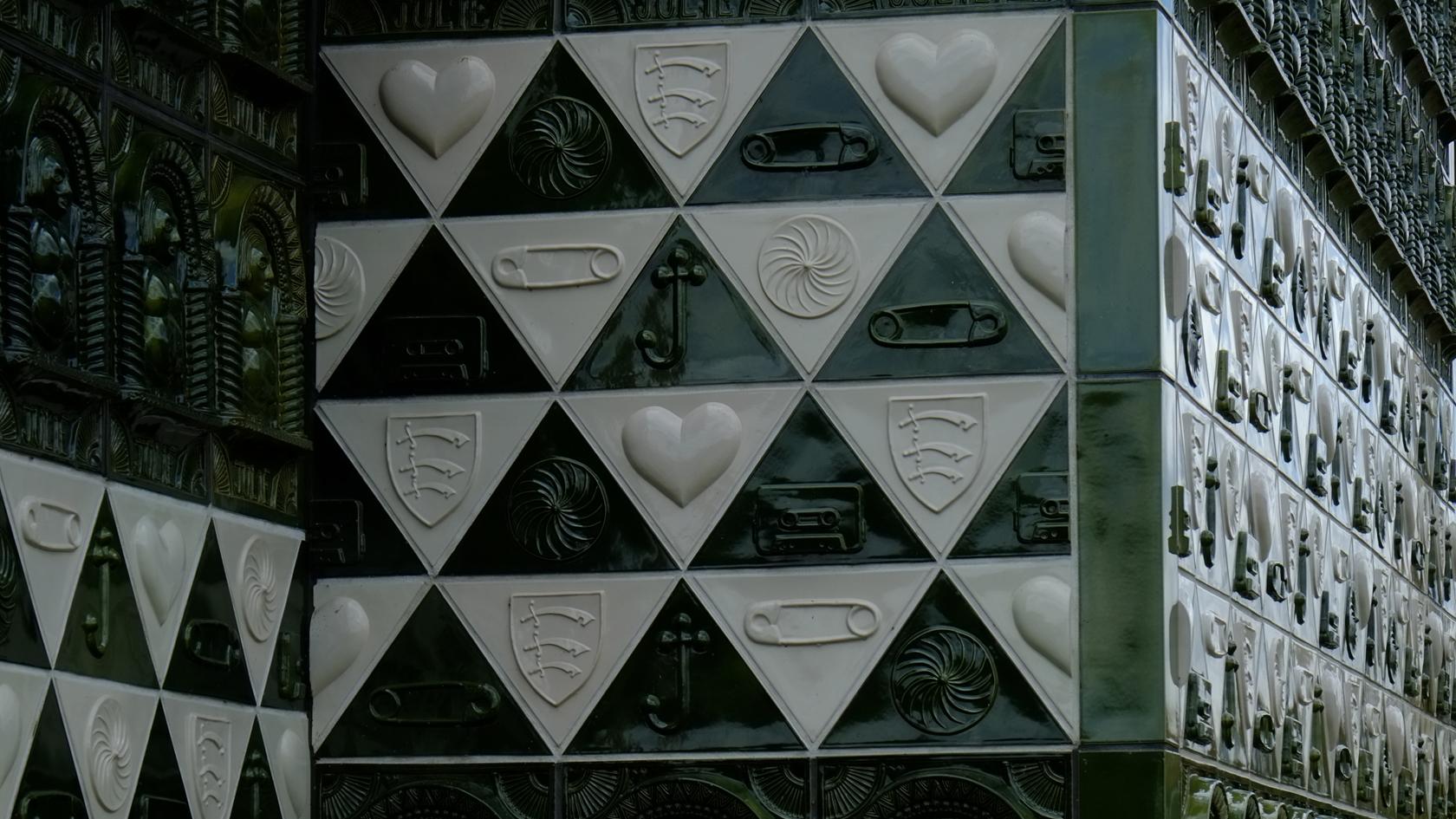
- Published21 July 2015
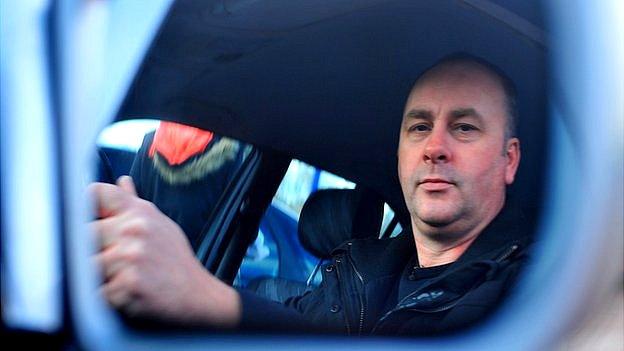
- Published23 April 2015

- Published29 April 2015

- Published24 February 2015

- Published19 January 2015
